homemade dog food additives
Homemade Dog Food Additives: What Are They and Why Do You Need Them?

Homemade dog food is a great way to ensure that your furry friend is getting the nutrients they need. However, it's important to remember that even the best homemade dog food recipes may not contain all of the essential nutrients that your dog needs. That's where homemade dog food additives come in.
Dog food additives are nutrients that can be added to homemade dog food recipes to ensure that your dog is getting a complete and balanced diet. There are many different types of dog food additives available, each of which provides different nutrients.
Some of the most common dog food additives include:
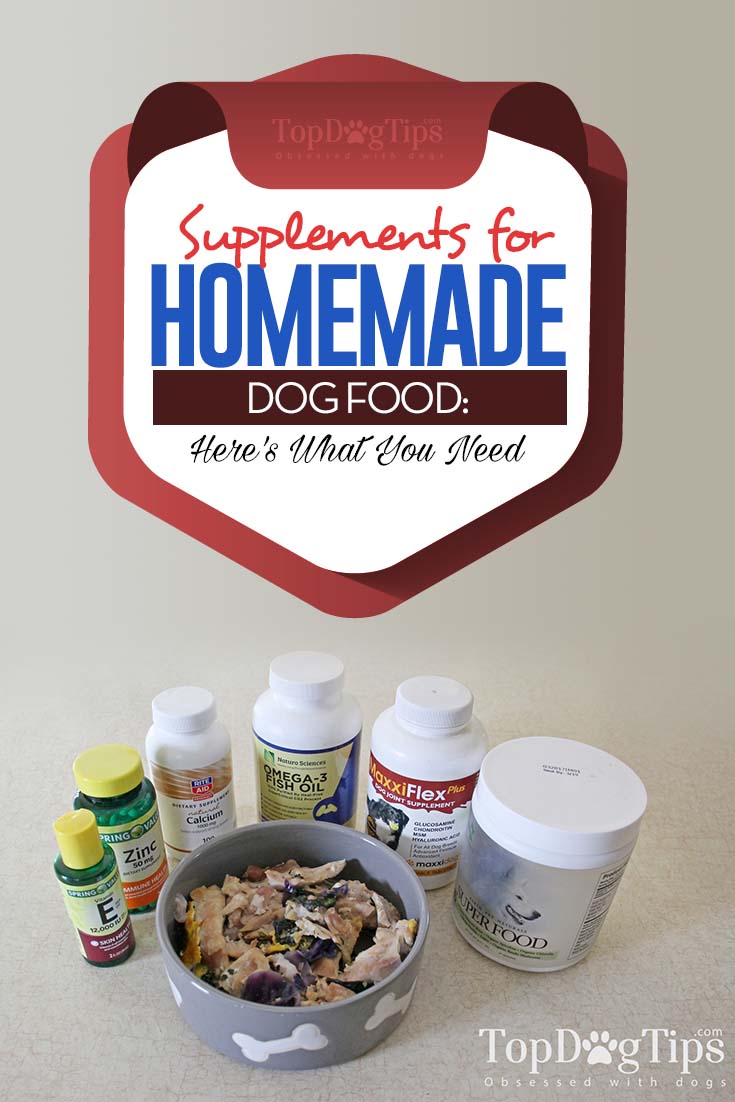
- Vitamins and minerals: These are essential nutrients that your dog needs in order to stay healthy. Vitamins and minerals can help with everything from immune function to bone health.
- Protein: Protein is an essential nutrient that your dog needs for growth, repair, and energy. Protein can be found in a variety of foods, including meat, fish, eggs, and beans.
- Fats: Fats are another essential nutrient that your dog needs. Fats provide energy and help your dog absorb vitamins and minerals. Fats can be found in a variety of foods, including meat, fish, eggs, and oils.
- Carbohydrates: Carbohydrates are a source of energy for your dog. Carbohydrates can be found in a variety of foods, including grains, fruits, and vegetables.
When choosing dog food additives, it's important to make sure that you're choosing the right ones for your dog's individual needs. Talk to your veterinarian about what nutrients your dog may be deficient in and what dog food additives would be a good fit for them.
How to Use Homemade Dog Food Additives
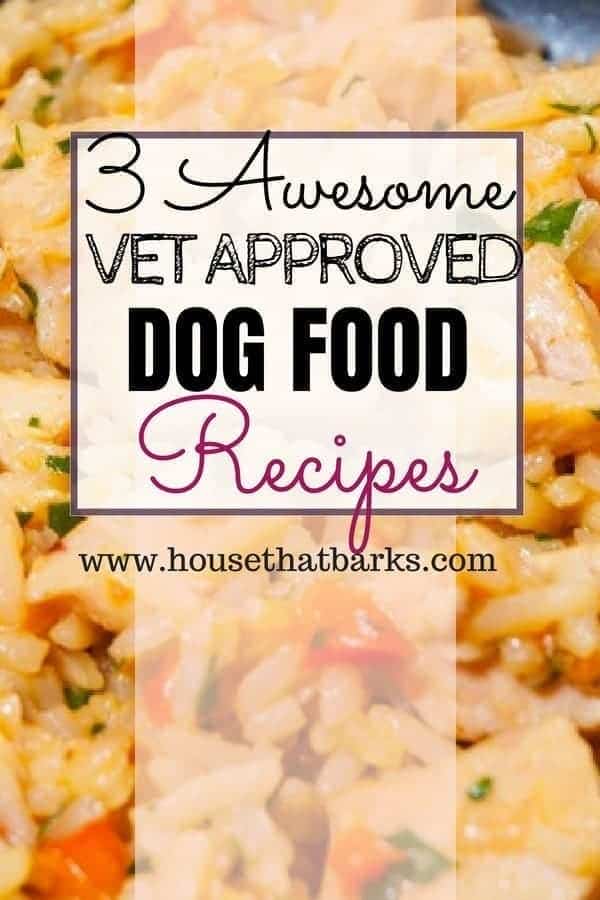
Homemade dog food additives can be added to your dog's food in a variety of ways. You can simply mix the additives into your dog's food, or you can add them to your dog's water bowl. If you're adding the additives to your dog's food, it's important to make sure that you mix them thoroughly so that your dog gets an equal amount of each additive.
The amount of dog food additives that you use will depend on the specific additives that you're using and your dog's individual needs. Talk to your veterinarian about how much of each additive you should be giving your dog.
Benefits of Using Homemade Dog Food Additives

There are many benefits to using homemade dog food additives. These include:
- Ensuring that your dog is getting the nutrients they need: Homemade dog food additives can help to ensure that your dog is getting a complete and balanced diet. This is especially important if you're making your dog's food from scratch, as it can be difficult to ensure that your dog is getting all of the nutrients they need from just food alone.
- Preventing nutrient deficiencies: Dog food additives can help to prevent nutrient deficiencies in your dog. This is important because nutrient deficiencies can lead to a variety of health problems, including skin problems, hair loss, and weight loss.
- Improving your dog's overall health: Homemade dog food additives can help to improve your dog's overall health. This is because they can help to boost your dog's immune system, improve their energy levels, and help them to heal from injuries faster.
Conclusion

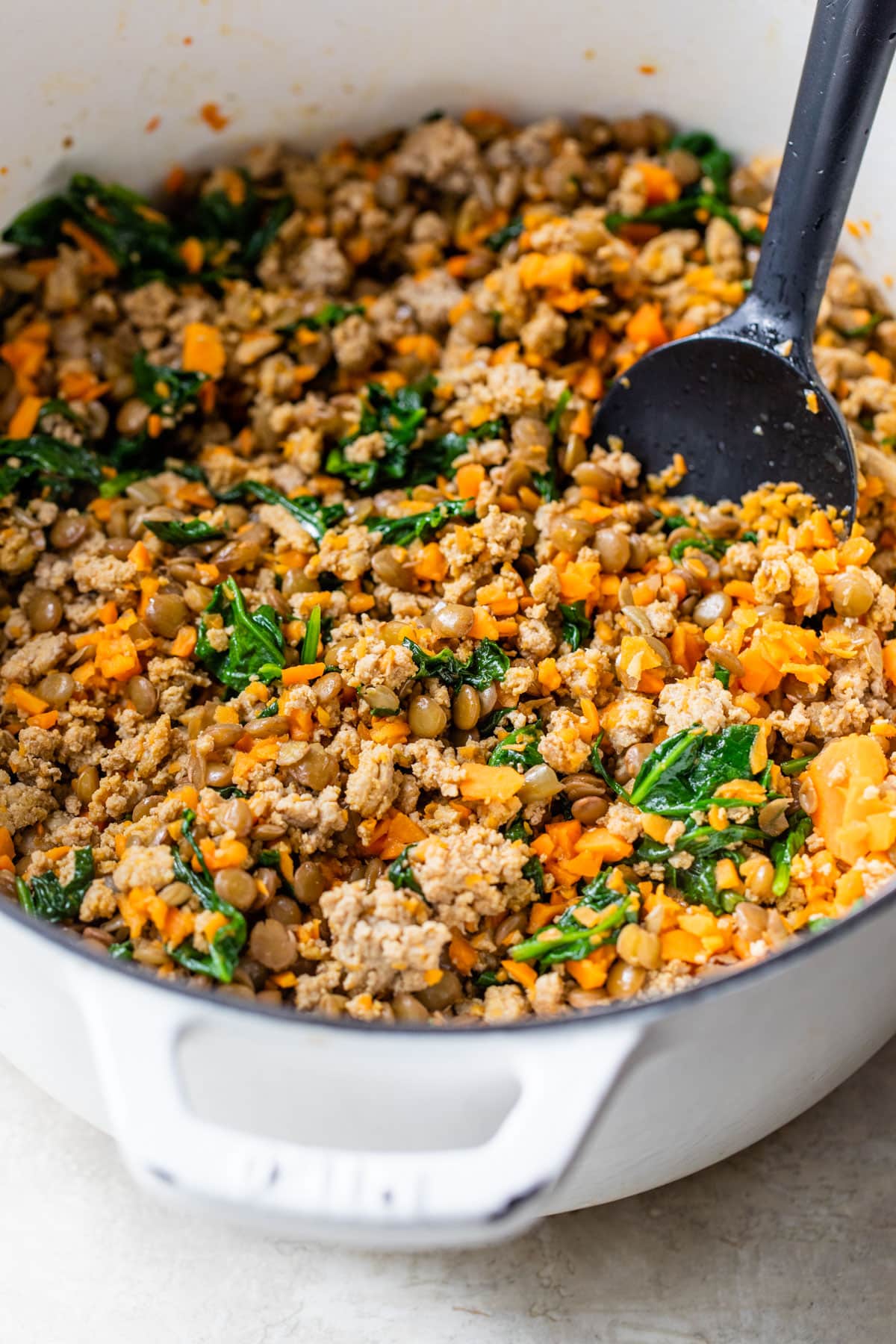
Homemade dog food additives can be a great way to ensure that your dog is getting the nutrients they need. By choosing the right additives and using them correctly, you can help to keep your dog healthy and happy.

Frequently Asked Questions
Q: What are the most common dog food additives?
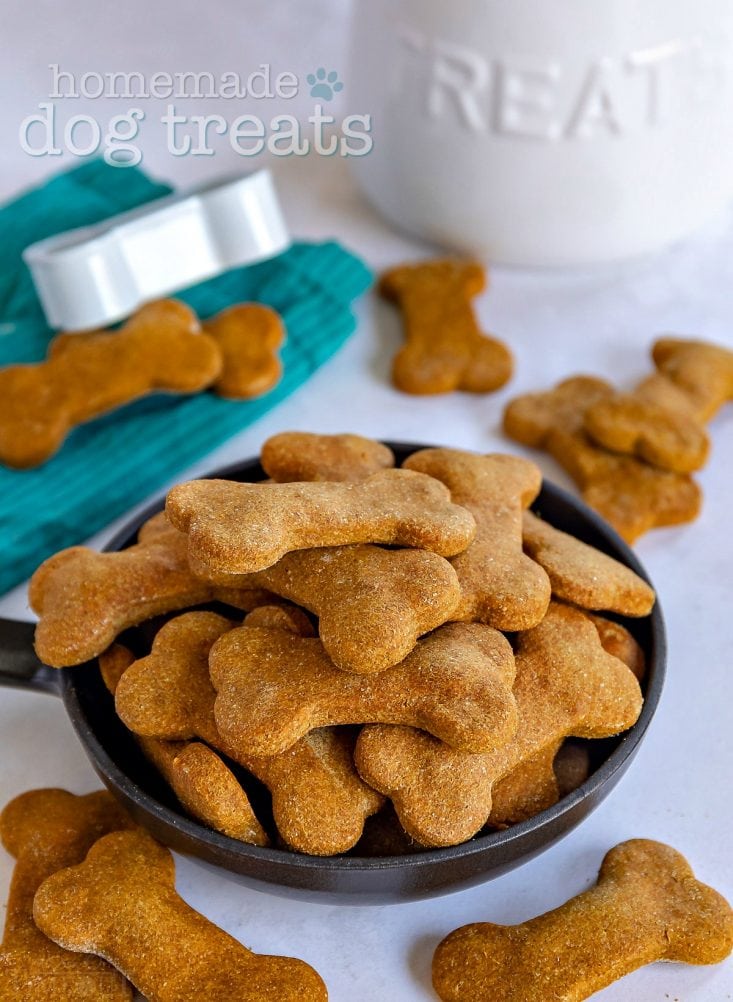

A: The most common dog food additives include vitamins and minerals, protein, fats, and carbohydrates.

Q: How much of each additive should I give my dog?
A: The amount of each additive that you should give your dog will depend on the specific additives that you're using and your dog's individual needs. Talk to your veterinarian about how much of each additive you should be giving your dog.


Q: What are the benefits of using homemade dog food additives?

A: Homemade dog food additives can help to ensure that your dog is getting the nutrients they need, prevent nutrient deficiencies, and improve your dog's overall health.
Q: Are there any risks associated with using homemade dog food additives?


A: There are some risks associated with using homemade dog food additives, including the risk of giving your dog too much of a certain nutrient or the risk of giving your dog an additive that they're allergic to. Talk to your veterinarian about
Homemade Dog Food Additives

In addition to the main ingredients, there are a number of other things that you can add to your homemade dog food to make it more nutritious and palatable. Here are some of the most popular additives:
- Fruits and vegetables: Fruits and vegetables are a great way to add vitamins, minerals, and fiber to your dog's diet. Some of the best fruits and vegetables for dogs include apples, bananas, carrots, peas, and sweet potatoes.
- Meat and fish: Meat and fish are a good source of protein, essential fatty acids, and vitamins. When choosing meat and fish for your dog, opt for lean cuts that are high in nutrients. Some of the best meats and fish for dogs include chicken, turkey, beef, lamb, fish, and eggs.
- Grains: Grains can provide your dog with carbohydrates, fiber, and vitamins. Some of the best grains for dogs include brown rice, oatmeal, barley, and quinoa.
- Oils and supplements: Oils and supplements can help to boost your dog's immune system, improve their coat and skin, and provide them with additional nutrients. Some of the best oils and supplements for dogs include fish oil, coconut oil, vitamin E, and probiotics.
When adding additives to your homemade dog food, it is important to do so in moderation. Too much of a good thing can actually be harmful to your dog. Always consult with your veterinarian before making any changes to your dog's diet.

Here are some specific tips for adding additives to your homemade dog food:
- Start slowly. When adding new additives to your dog's diet, start with a small amount and gradually increase the amount over time. This will help to prevent your dog from developing any adverse reactions.
- Choose the right additives. Not all additives are created equal. Make sure to choose additives that are specifically formulated for dogs and that are safe for them to consume.
- Store additives properly. Additives should be stored in a cool, dry place away from direct sunlight. This will help to preserve their nutritional value.
By following these tips, you can safely and effectively add additives to your homemade dog food to make it more nutritious and palatable.

Here are some specific recipes for homemade dog food that include additives:
- Apple and Carrot Dog Food
Ingredients:

- 1 pound ground beef
- 1 cup cooked brown rice
- 1 cup shredded carrots
- 1 cup chopped apples
- 1 tablespoon olive oil
- 1 teaspoon dried parsley
- 1/2 teaspoon ground cinnamon
Instructions:
- In a large bowl, combine the ground beef, brown rice, carrots, apples, olive oil, parsley, and cinnamon.
- Mix well to combine.
- Divide the mixture into 4 equal portions and store in airtight containers in the refrigerator or freezer.


- Chicken and Vegetable Dog Food
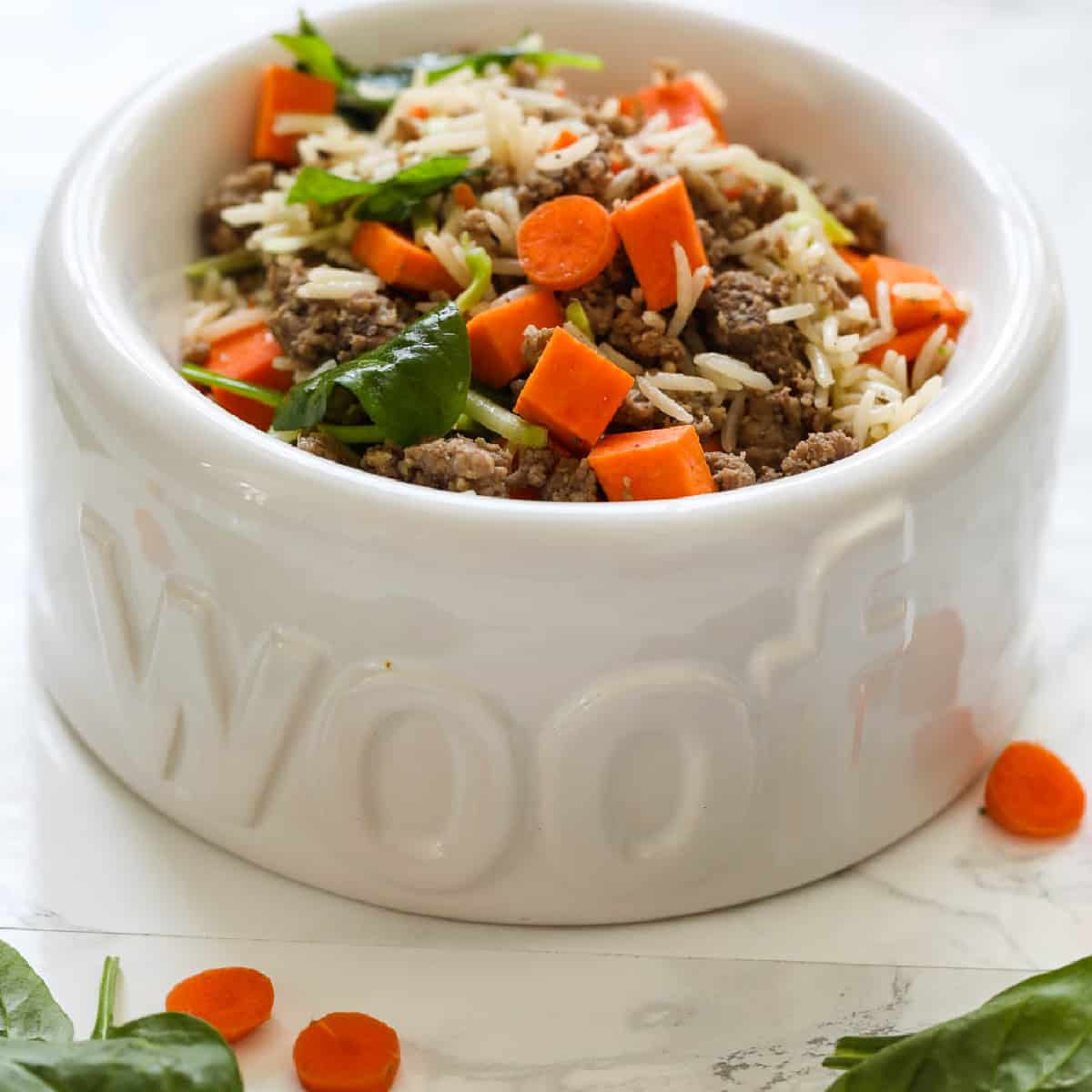
Ingredients:
- 1 pound cooked chicken breast
- 1 cup cooked brown rice
- 1 cup chopped green beans
- 1 cup chopped carrots
- 1/2 cup chopped peas
- 1 tablespoon olive oil
- 1 teaspoon dried oregano
- 1/2 teaspoon garlic powder
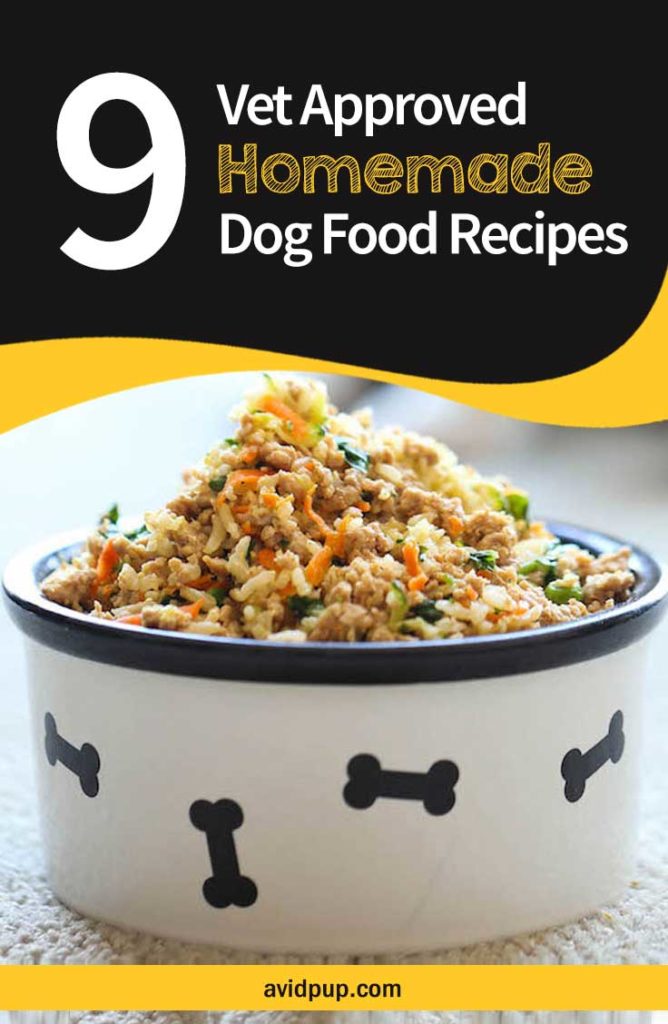

Instructions:

- In a large bowl, combine the chicken, brown rice, green beans, carrots, peas, olive oil, oregano, and garlic powder.
- Mix well to combine.
-
Divide the mixture into 4 equal portions and store in airtight containers in the refrigerator or freezer.
-
Fish and Potato Dog Food


Ingredients:

- 1 pound cooked fish fillet
- 1 cup cooked potatoes
- 1 cup chopped broccoli
- 1/2 cup chopped carrots
- 1 tablespoon olive oil
- 1 teaspoon dried dill
- 1/2 teaspoon garlic powder
Instructions:


- In a large bowl, combine the fish, potatoes, broccoli, carrots, olive oil, dill, and garlic powder.
- Mix well to combine.
- Divide the mixture into 4 equal portions and store in airtight containers in the refrigerator or freezer.
